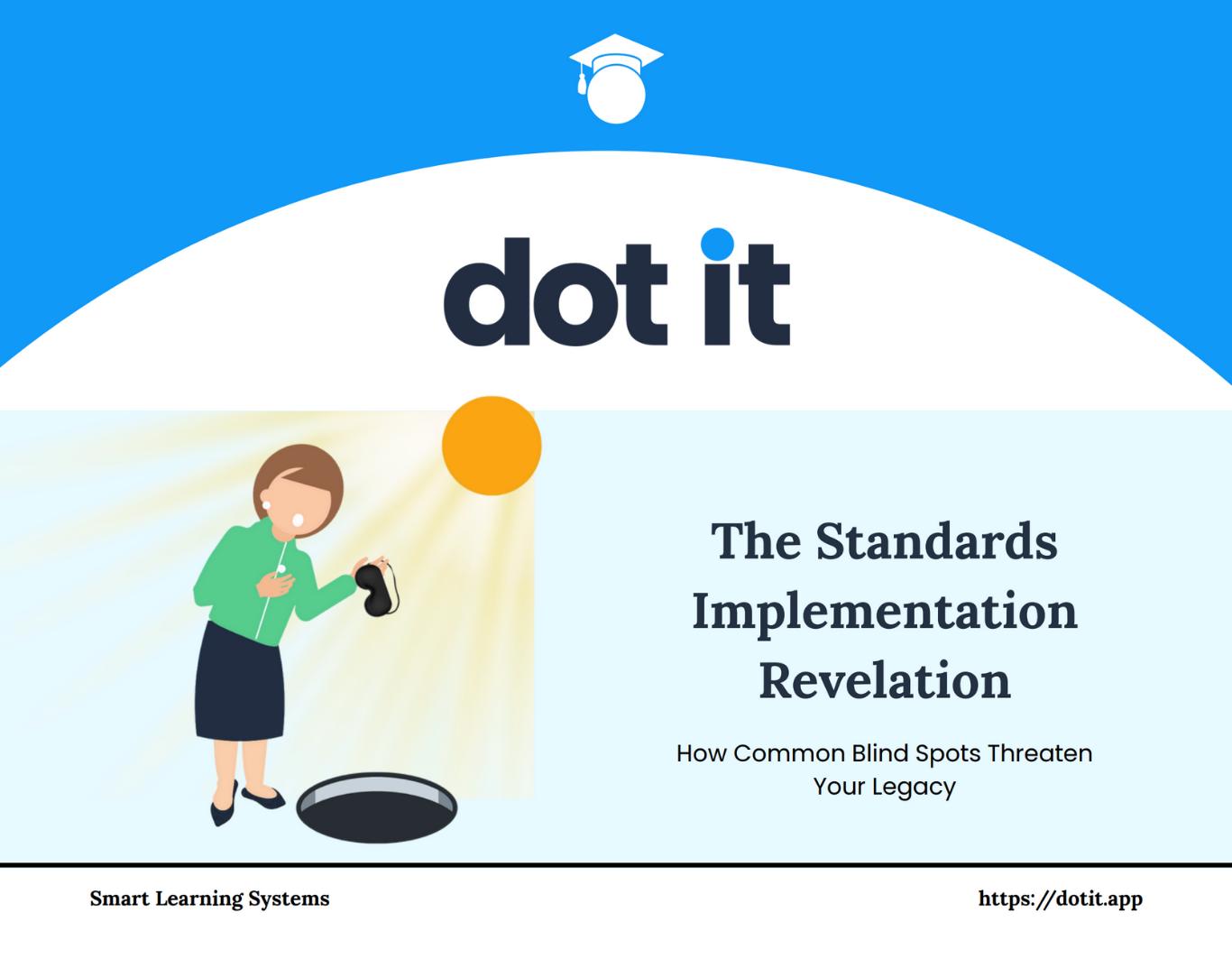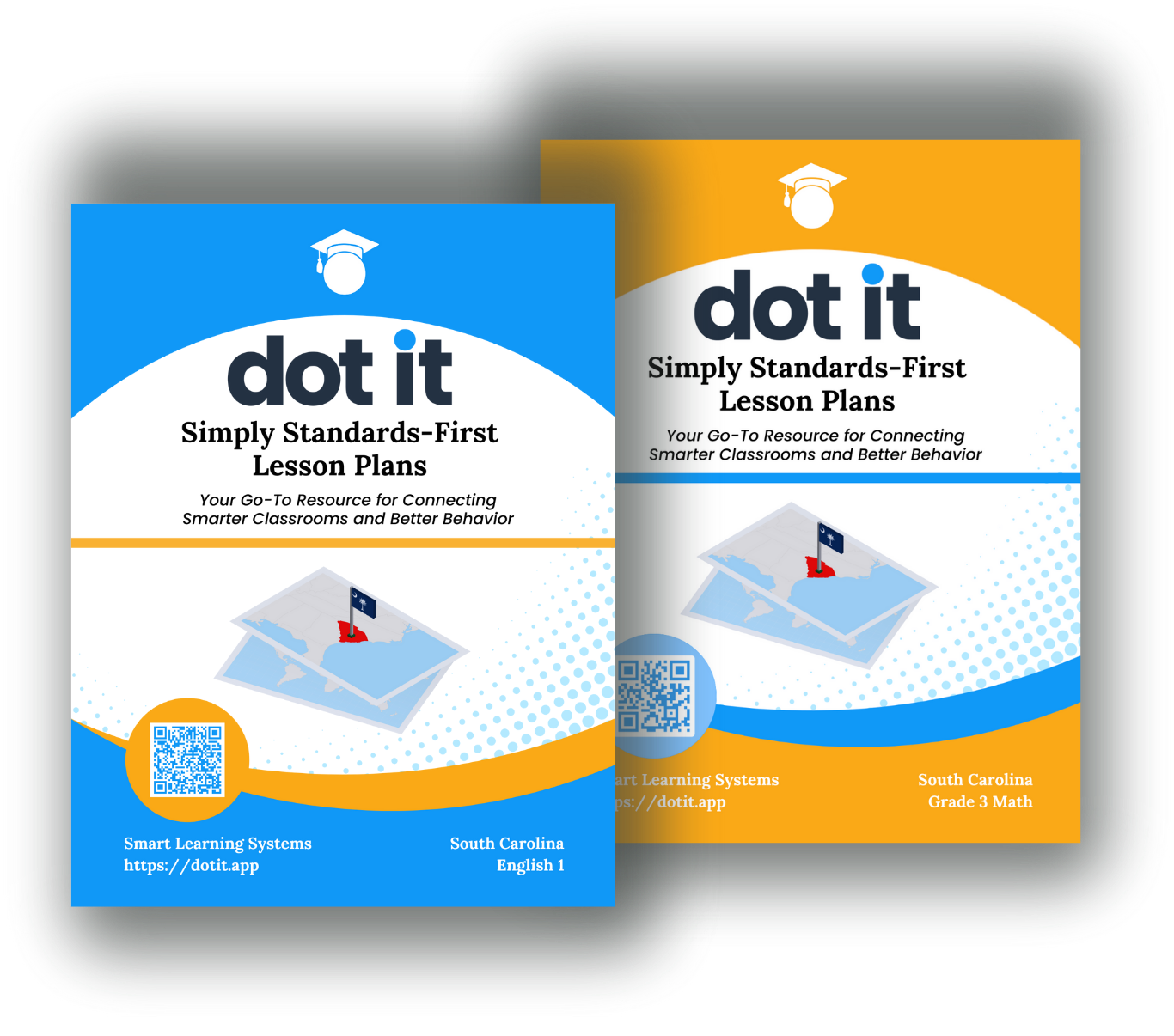March Madness is here, and while the basketball courts are buzzing, schools are also in their own version of the playoffs. So, what do championship teams do when the clock is ticking down? Do they focus on playing catch-up or pushing the pace? Let’s explore how excellent schools accelerate learning like a championship team.
Championship Teams Expect to Win
In basketball, expectations drive performance. The gap between victory and loss is often narrower than it seems. Tournament success often comes down to razor thin margins. In tight games, high expectations often make the difference.
Studies show that high expectations also can significantly boost student achievement (Hattie, 2008). Yet, many educators see the gaps in students’ grade-level skills as towering obstacles, like trying to sink a three-pointer from mid-court. Informed leaders know that most students can achieve grade-level standards despite existing knowledge and skills gaps with the right approach. These leaders communicate this understanding to their teachers and provide the support they need to help their students meet expectations by maintaining pace and staying focused on the standards.
Accelerate Learning to Build Confidence
The Florida Gators have won 5 of their last 6 games before the tournament by double digits. A big reason is player Will Richard’s recent sky high confidence level. He scored 55 points over his last two outings, well above his career-best 13.6 points per game average. Confidence comes from stepping up, facing the challenge, and exceeding expectations.
By focusing on acceleration, leaders can inspire teachers to leverage what students already know and fast-break them forward to meet the standards. This strategy fosters a growth mindset. When teachers encourage students to tackle challenging material with confidence often perform better (Dweck, 2006). Leaders who incentivize and reward behaviors that promote challenging lessons gives all students the confidence of a player ready to nail a game-winning shot.
Accelerate Learning on Crucial Plays
When the number one seed South Carolina Lady Gamecocks take the court they execute a few key plays beautifully. In one of these plays, they drive to the basket. Then, when the defense closes in, they send the ball back out to their excellent three point shooters. Coach Dawn Staley knows how to teach to the unique strengths and needs of each of her players with their long term success and well-being as her prime motivation.
The key to acceleration is identifying essential standards—those crucial plays—and integrating them into lessons that connect past knowledge with new learning. This strategy not only helps students catch up but often leads to a deeper understanding and retention of the material. Carol Ann Tomlinson’s research on differentiated instruction emphasizes the importance of tailoring educational experiences to meet the diverse needs of all learners, further enhancing the effectiveness of acceleration strategies.
Most teachers need the right tools and ongoing support differentiate effectively. They need on grade level differentiation before they remediate. Leaders that provide and support lessons and materials that provide access to standards for everyone, even students with disabilities are much more likely to improve performance. After all, you don’t win the game by changing the rules.
Trust Your Team
Bruce Pearl, the coach of the overall number one men’s seed Auburn Tigers, sat his his team down during a critical timeout. The team was facing a run by their opponent. Coach Pearl pointed to each of his star players and said, “I trust you. I trust you. I trust you.” He was telling them that he believed in them and they should believe in each other.
Accelerating standards-first learning creates an environment where teachers feel like star players, empowered and capable. When leaders believe in their teachers’ ability to rise to the occasion, students often exceed expectations, achieving feats they once thought impossible (Hattie, 2008). This belief in their potential can transform the classroom into a dynamic arena where learning is as thrilling as a fast-paced game.
Ultimately, acceleration isn’t about rushing through the playbook but about crafting meaningful learning experiences that prepare students for future academic victories. By investing in acceleration strategies, schools can ensure that every student is ready to face future challenges with confidence and skill, just like a team prepared for the next big game.
DOT IT software supports schools to accelerate learning and experience the positive impacts of a standards-first approach, helping educators and students alike become MVPs in the learning arena.
References
To bolster the game plan on acceleration, consider these key resources:
- Tomlinson, Carol Ann. The Differentiated Classroom: Responding to the Needs of All Learners. 2nd ed., ASCD, 2014.
- Hattie, John. Visible Learning: A Synthesis of Over 800 Meta-Analyses Relating to Achievement. Routledge, 2008.
- Dweck, Carol S. Mindset: The New Psychology of Success. Ballantine Books, 2006.






